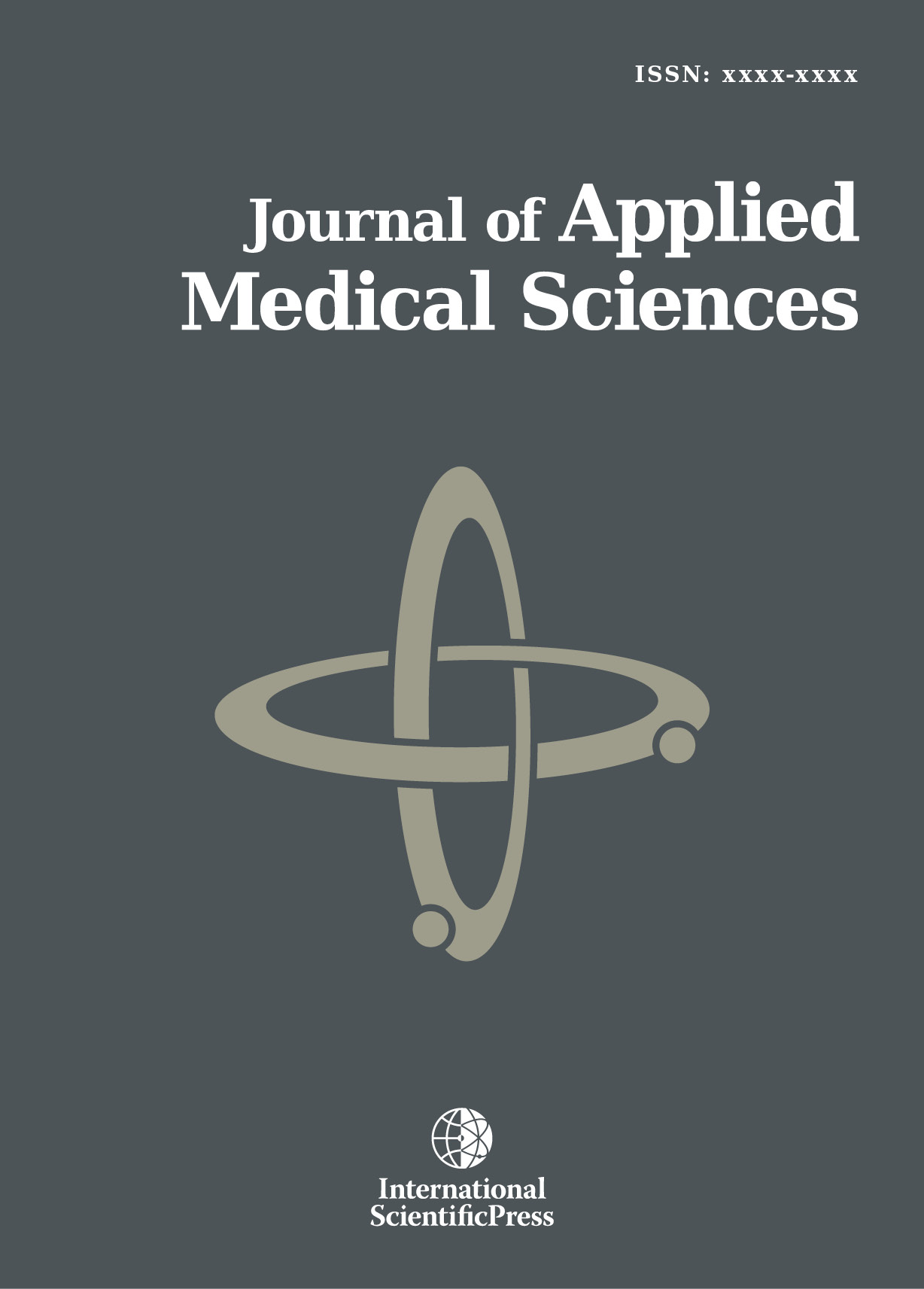Journal of Applied Medical Sciences
Antiviral Medications and Plasma Efficacy in Treating Ebola Patients: A Systematic Review
-
 [ Download ]
[ Download ]
- Times downloaded: 10962
-
Abstract
In 1976, the first outbreak of Ebola hemorrhagic fever (Ebola) occurred in Africa. Ebola is an acute viral syndrome that is characterized by fever and bleeding diathesis. Another distinct characteristic of Ebola is its high mortality in human and nonhuman primates, which, in turn, is caused by the Ebola virus which belongs to the viral family Filoviridae. Ebola is highly virulent, considered as a fifth-category notifiable communicable disease just like the Marburg virus. There is a lack of knowledge about the exact origin, location, and natural reservoir of Ebola virus, but it is believed that it was first transmitted to humans by animals, particularly, fruit bats. There is no fully accepted treatment for Ebola at this point in time. However, it is notable that since Ebola was first discovered in Sudan and Congo, researchers had been seeking to find a cure. Among the treatments currently being studied are antiviral and vaccines. Using the literature review method, this paper assesses current research on antiviral medications for Ebola and their plasma efficacy. ZMapp is considered to present the highest efficacy.
